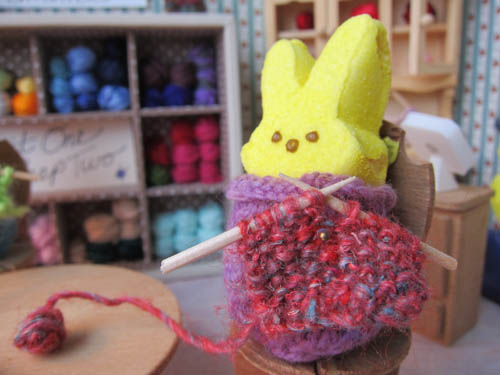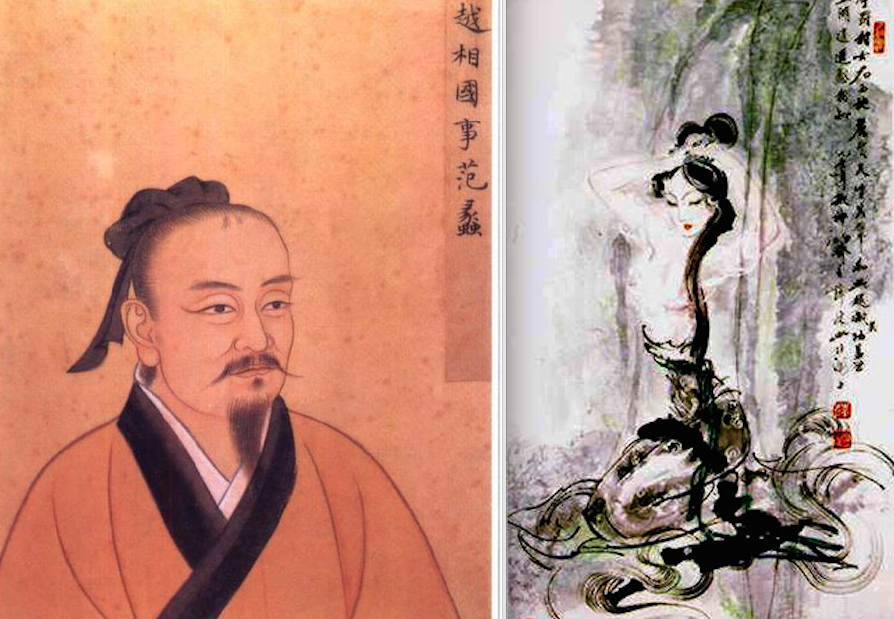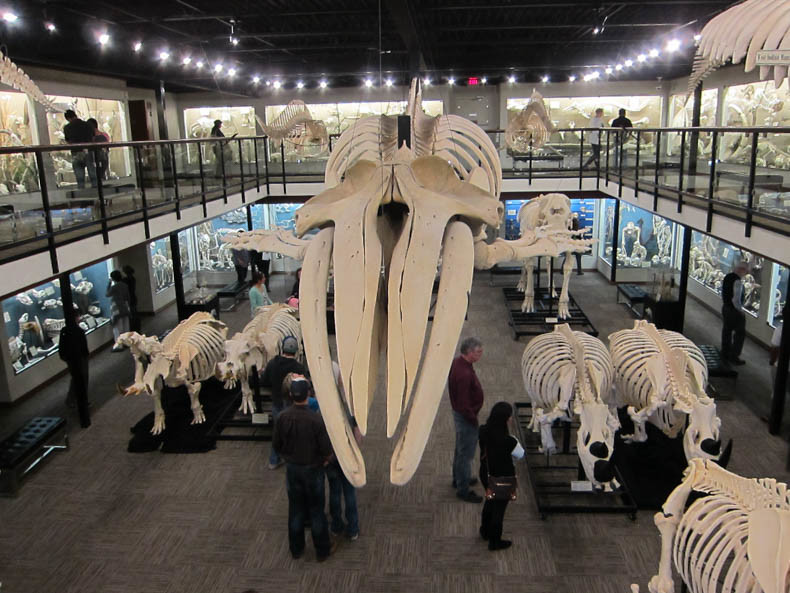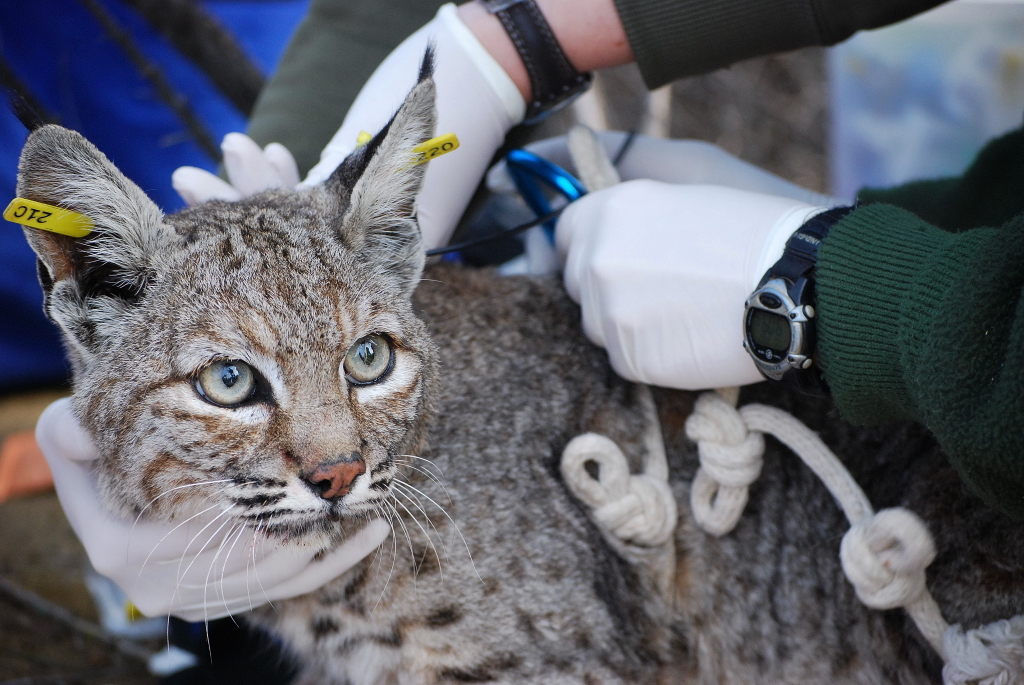Since Jonathan Franzen’s essay “Carbon Capture” went live on the New Yorker’s website last week, environmentalists and the journalists who write about them haven’t been able to stop bickering about it. Whether Franzen was wrong-headed or visionary, dumb or prophetic, he clearly touched a nerve when he asked, “Has climate change made it harder for people to care about conservation?” Here, Michelle and guest poster Judith Lewis Mernit, who typically agree about everything from Shakespeare to the unifying power of Benedict Cumberbatch, dive into the fray—on opposite sides. Pray their friendship endures.
Michelle: So Judith, what do we agree on here?
Judith: I think we agree that the topic of climate is overwhelming, oppressive, depressing, and that it makes us feel powerless. All those numbers! All that science! The scale of industrial energy production, the methane rising from Arctic permafrost that’s no longer so perma—it just makes you feel like all is lost, and, well, like Alvy Singer in Woody Allen’s Annie Hall, whom Franzen invokes, “The universe is expanding. Why should I do my homework?”
Maybe we aren’t powerless—and I would argue that we’re not—but we believe we are, which is what matters. Continue reading






 The other day I was just starting to work when I heard a strange cooing in the other room. It sounded like a baby. But I swore I’d just dropped the actual baby off at a friend’s house.
The other day I was just starting to work when I heard a strange cooing in the other room. It sounded like a baby. But I swore I’d just dropped the actual baby off at a friend’s house.